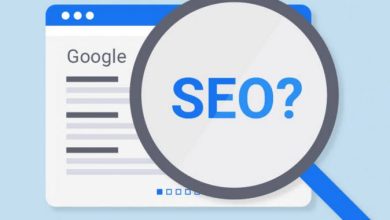Get started with Search Console

How you use Search Console depends on your role, your site, and your personal needs. Read the appropriate section to get started.
What is your role?
Not much time to manage my site
If you have a website on an automated web hosting platform like Blogger, Wix, or Squarespace, or run a small business and don’t have much time to put into your website, you might not need to use Search Console at all.
However, it’s still worth learning to manage your presence in search engines by reading the following guides. A little knowledge can go a long way toward helping people find your site. It should take less than half an hour to go through these materials.
Beginning user (willing to learn)
If you’re interested in improving your site’s appearance on Google Search, and you’re willing to put in a little time learning about search engine optimization (SEO) and Search Console, here is your getting started guide.
You don’t need to understand HTML or coding, but you do need to spend some time thinking about how your site is organized and written, and be willing to make some changes to your site. The good news is that a little effort can go a long way in improving your search results.
If you build or manage the website, implement structured data, or generally do most of your work in a code editor, you’ll use Search Console for monitoring, testing, and debugging your site code. Here are our recommendations:
- Learn how search works. Understanding the basics of crawling, indexing, and serving is important in order to help you debug Search-related issues on your site.
- Monitor for errors or spikes in the Page Indexing report and Performance report. If you have AMP pages or rich results, monitor the AMP status report or Rich result status reports, respectively.
- To inspect a single page, either drill down into a single URL from the appropriate report and click Inspect, or use the URL Inspection tool to inspect a specific URL. The URL Inspection tool provides information about all types of issues, including indexing, AMP, HTML, and scripting issues.
- Read the developer documentation for Search to learn about structured data, AMP in search, mobile best practices, API access to Search Console’s tools and reports, and more.
